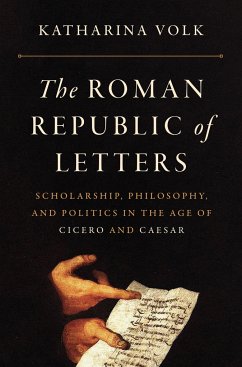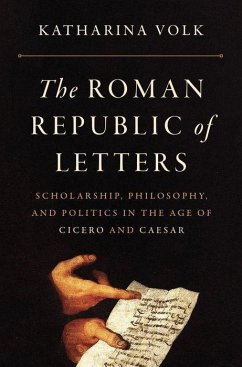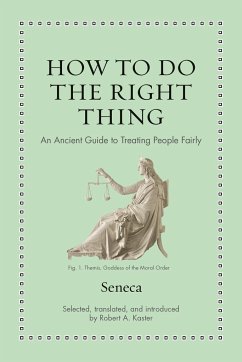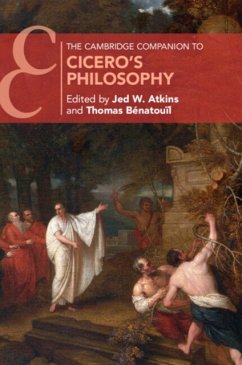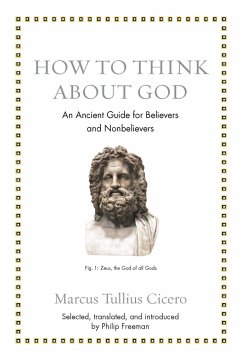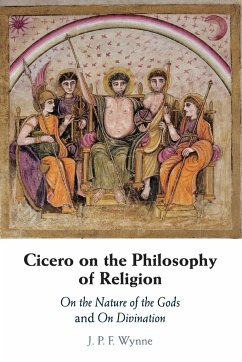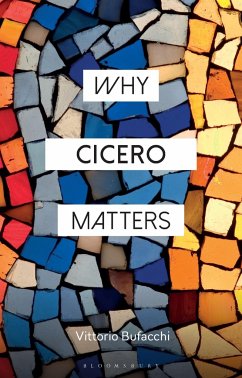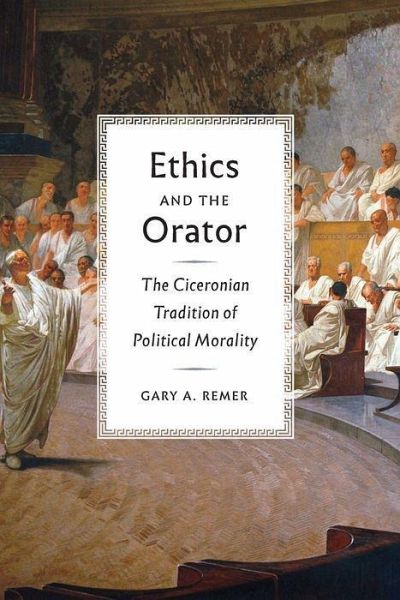
Ethics and the Orator
The Ciceronian Tradition of Political Morality

PAYBACK Punkte
28 °P sammeln!
Cicero remains little known even among political theorists and political philosophers. This book will change that, and do so forcefully: Gary Remer has recovered a vibrant tradition of political morality, associated with Cicero, that guides the thought and behavior of many statesmen and political commentators today, to wit, politicians ought to be governed by a standard of morality that is, at times, distinct from the ordinary morality that the rest of use to regulate our own lives. Remer sets this Ciceronian tradition up in bold contrast to the doctrines of Machiavelli and Aristotle and other...
Cicero remains little known even among political theorists and political philosophers. This book will change that, and do so forcefully: Gary Remer has recovered a vibrant tradition of political morality, associated with Cicero, that guides the thought and behavior of many statesmen and political commentators today, to wit, politicians ought to be governed by a standard of morality that is, at times, distinct from the ordinary morality that the rest of use to regulate our own lives. Remer sets this Ciceronian tradition up in bold contrast to the doctrines of Machiavelli and Aristotle and others (e.g., Burke, Mill, Habermas). The elements of Cicero s position, drawing from rhetoric, ethics, and political theory, converge in a single complex idea of political morality. This is in notable contrast to Aristotle, who splits off rhetoric as an art from the science of politics, whereas Cicero united them and further merges politics/rhetoric with morality. The pivot around which these mergers rotate is the idea of decorum, the ability of orators to accommodate themselves to circumstances, with a morality based on communal standards. Contemporary politics and world community can benefit from the example of the prophetic orator, the aspirational figure for bringing disparate groups together in the absence of an eternal moral standard or natural law. Remer has therefore set up his book as a kind of dialogue between thinkers ancient and modern, shedding new light on the wisdom of the broad Ciceronian tradition. There is a contemporary revival of Cicero in political theory, and Gary Remer is leading the way."




